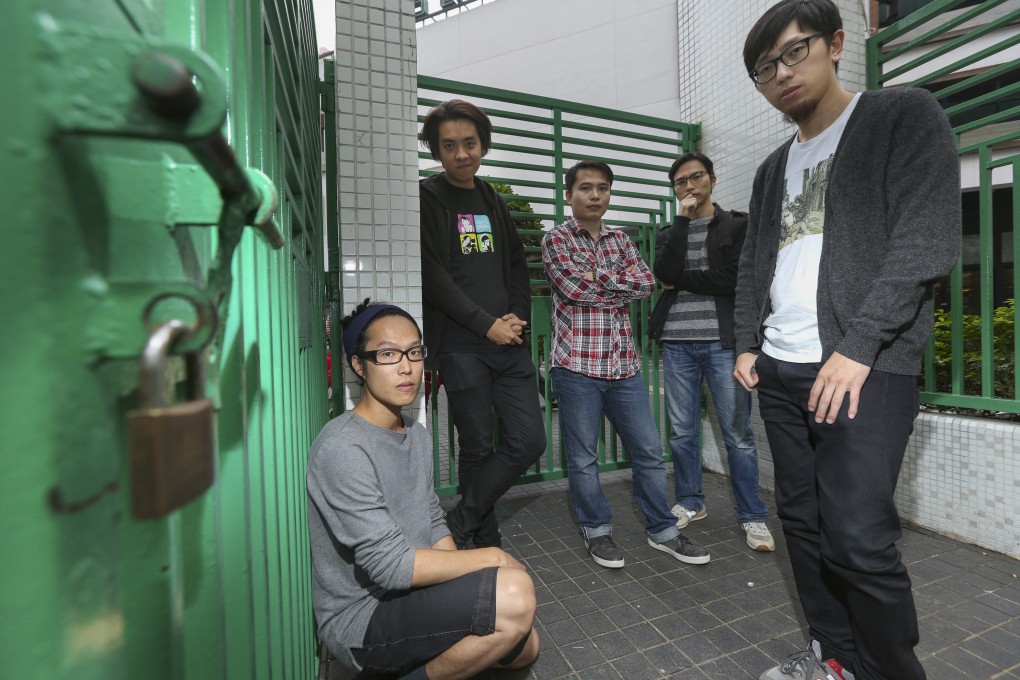Advertisement
Five Years on, Ten Years directors reflect on the spooky political predictions of their Hong Kong Film Awards best picture
- The anthology of five short stories about Hong Kong in 2025 received critical acclaim on its release in 2015
- Its directors talk about how some of their ‘worst case scenarios’ have come to pass, and how their own lives have been affected
Reading Time:5 minutes
Why you can trust SCMP

On an uneventful Sunday afternoon in mid-November five years ago, the low-budget anthology Ten Years was screened for the first time in front of a cinema audience in the “Centrepiece” sidebar of the Hong Kong Asian Film Festival.
Consisting of five short films, each directed by a budding local filmmaker, Ten Years painted a grim picture of life in the city in 2025 and quickly became the talk of the town. Audiences and critics were awed by their dystopian vision of the city’s future under greater Chinese rule. The fact it went on to win the best picture prize at the 2016 Hong Kong Film Awards only added to the film’s unlikely legacy.
But the accolades and wonderful reception from the community also came at a great cost.
Advertisement
After making the film that Global Times, China’s official daily mouthpiece, later criticised as “scare-mongering absurdity”, the directors of Ten Years became unwelcome in the mainstream film business. One told the Post he had to borrow money just to get by after investors balked at financing his films. Another has recently left Hong Kong altogether in protest against the new national security law.
The filmmakers believe the blowback they received for making Ten Years shows that the room for making political films in Hong Kong has shrunk to nothing, forcing many local filmmakers to make harmless, insipid fare just to get by.
Advertisement
Advertisement
Select Voice
Choose your listening speed
Get through articles 2x faster
1.25x
250 WPM
Slow
Average
Fast
1.25x